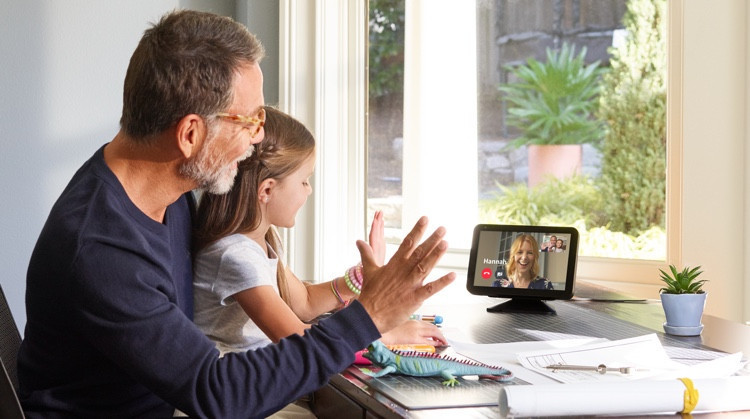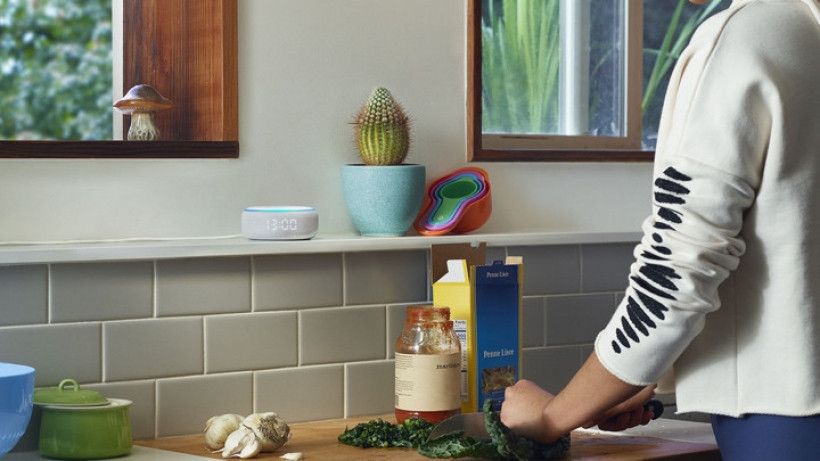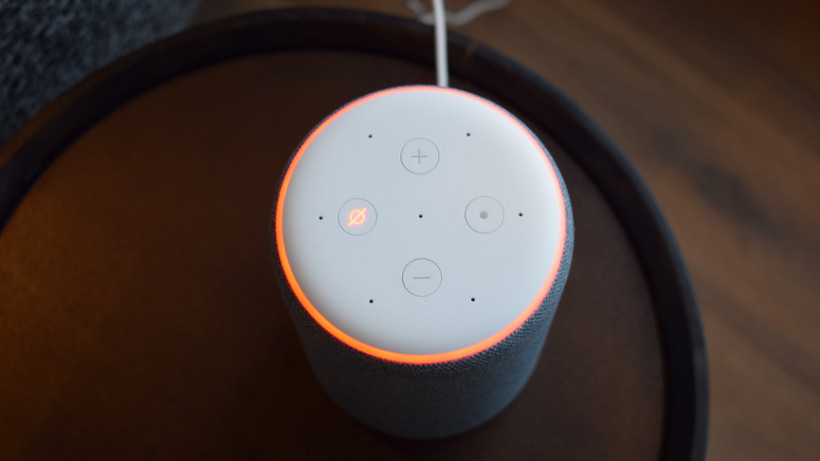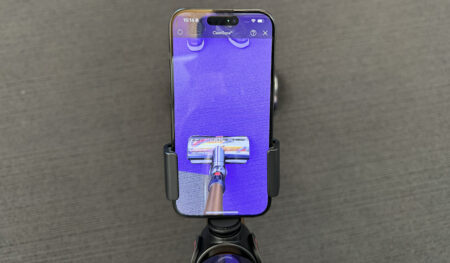We speak to Daniel Rausch, Alexa VP, about your data and the smart home
The smart home raises the question of privacy perhaps more than any other modern technology phenomenon.
While a lot of our tech tracks our habits and data, smart speakers – with their microphones (and, increasingly, cameras) – have got regular people really thinking about privacy.
As an early leader in the smart home, Amazon – and its Alexa voice assistant – have born the brunt of this spotlight.
I think that customers are 100% right to be asking questions about privacy and security
We sat down with Daniel Rausch, VP for Smart Home at Amazon, to talk about Alexa, privacy, and what this new friction means for the future of the smart home.
As we detailed in our feature What Amazon, Google, and Apple do with your data, Amazon can sell its hardware devices so inexpensively in part because of the commercial benefits it reaps from customer data. By learning what you listen to, what you shop for using Alexa, and the questions you ask, Amazon can serve up more personalized ads, and that’s good for business (although you can opt out of this).

Daniel Rausch, VP of Smart Home at Amazon
While Amazon doesn’t use all your interactions with Alexa for advertising, and doesn’t share it with third-parties, there’s no doubt that people are concerned about putting smart speakers into their homes. Concerns that were magnified in the face of reports that Amazon employees listened to some Alexa recordings.
“I think that customers are 100% right to be asking questions about privacy and security,” Rausch says. But the big question here is can a true smart home ever be reconciled with real privacy?
Reconciling privacy and smarts
“I think for sure,” Rausch says. “But the question is: Are we communicating clearly enough about what happens with data and what control customers have over their data?”
This has been an on-going process at Amazon, and at a recent event the company announced even more privacy features – alongside a slew of new product announcements – including additional controls for deleting voice recordings.
But Rausch says the anonymized data it collects from its smart speakers goes directly into new features – which are a big selling point for many of its customers.
“If you’re working backwards from customers, you’re using that data to give customers real value in return. That’s the upshot of all this,” says Rausch.
“Frankly, customers love the features we build to help them, using that data. When we can offer a Hunch – when we understand your pattern, and we give that to customers – they’re delighted by that.”
Hunches are an Alexa feature that’s been limited to the US (although Rausch revealed it’s rolling out worldwide imminently), where Alexa makes guesses about what behaviors you generally do next, and suggests relevant actions.
For example, if you say “Goodnight, Alexa,” she may reply “Goodnight, the front door is unlocked, would you like me to lock it for you?” Naturally, this involves the collection and processing of plenty of data points about you, your family, and your lives.

More features = less privacy?
So does that mean that having more features essentially means accepting less privacy?
“To me it’s not a spectrum that means more or less privacy. I think it comes back to the foundation of transparency and control and then they are easily reconcilable,” says Rausch.
“If it’s transparent and the customers are in control, and you’re offering features to customers that help them do something, accomplish something, I think that’s very interesting to many and most customers,” he says.
“Customers understand what you’re doing on their behalf and that, to me, it doesn’t mean more or less private.”
But he accepts that getting the most out of your smart home does mean allowing your data to be used. And that there needs to be more clarity around that.
“We need to make sure customers understand what data is being used so you can toggle it on and off, making sure those Hunch algorithms aren’t computing your anomalies. You’ve been given control over that.”

“We thought about these features all along”
We’re entering a new era of awareness around data and privacy by consumers – so we asked Rausch whether Amazon is now more concerned about these issue as well.
We thought about these features all along. What you see is that evolving
“Last week we announced auto-delete of your voice recordings,” Rausch says. “But it’s always been true that you have deletion control and the ability to see everything that Alexa has heard. We’ve simply evolved those features because customers are looking for that kind of control.”
At Amazon’s recent event, the company displayed the schema of its microphone array to show that when you press mute, Alexa is really muted. But according to Rausch, Amazon is simply upping the communication around privacy, the tools have always been there.
“We thought about these features all along. What you see is that evolving,” he says. “There are instances where we could have communicated louder or better, and you see us evolving the emphasis of our communication about it.”





